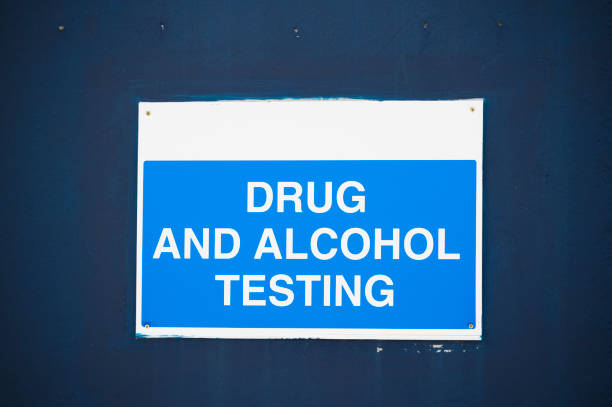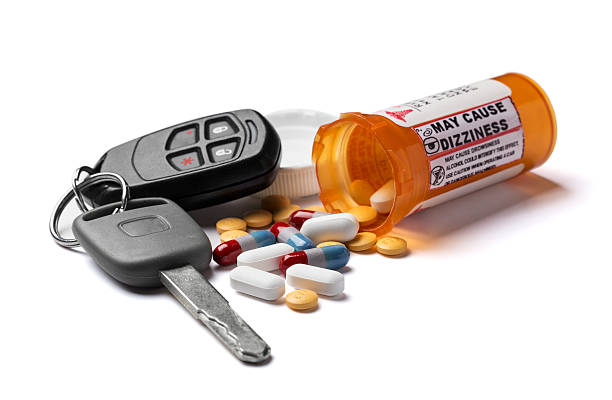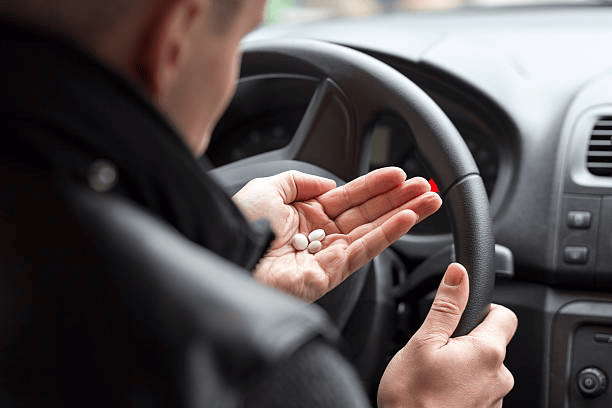What happens when there’s a drug driving charge thrown out? What now? If found guilty, a drug driving charge in New South Wales can land you in jail and can require you to pay hefty fines. If the charges get dropped, you’re lucky!
In NSW, drug driving laws encompass two primary offences:
- Presence of Illicit Drugs. Operating a motor vehicle with any detectable trace of an illegal substance (such as cocaine, ecstasy, or cannabis) in your saliva, blood, or urine is an offence – even if you’re not actively impaired.
- Driving Under the Influence (DUI). Being under the influence of any drug, legal or illegal, to the extent that your driving ability is impaired. This includes prescription medications if they affect your judgment and reactions.
But what are the grounds for drug driving charge thrown out? This article will discuss the grounds for a possible dismissal of a drug driving case in NSW. Read on to know more.
Drug Driving in NSW
Before discussing the grounds for a drug driving charge thrown out, let us first talk about drug driving or driving under the influence of drugs in NSW.
Crimes Act 1900, Section 52A states that a person may be liable for a 10-year imprisonment if he or she commits the crime of dangerous driving causing death. In this crime, the driver operates the vehicle under the influence of an intoxicating drug at a dangerous speed and manner.
Moreover, the court may also impose a 7-year imprisonment to an offender who commits the crime of dangerous driving causing grievous bodily harm and commits such crime under the influence of an intoxicating drug.
Unlike alcohol, there’s no single blood or saliva concentration level that defines drug-impaired driving. Instead, under NSW law, you’re considered DUI if:
- Your ability to drive is impaired by a drug. This means changes to your coordination, judgment, reaction times, perception, or other skills needed for safe driving.
- The drug is detectable in your system. Any presence of illegal drugs or the active components of prescription medications known to cause impairment are significant factors.
DUI Penalties
The penalties for driving under the influence of drugs in NSW are severe and escalate with repeat offences:
- Fines: Up to $3,300 for a first offence, increasing for subsequent convictions
- Licence Disqualification: Automatic 3-month minimum disqualification, potentially longer depending on severity and prior offences.
- Imprisonment: Maximum 14 years in jail

Roadside Drug Tests in NSW
If a roadside drug test reveals that you are under the influence of illegal drugs, NSW Police may file drug driving offences against you. They may collect saliva for the drug test at the roadside. The test may be administered at a police stop or random drug testing locations along the road.
However, the test will be repeated if there is a prescribed illicit drug or illicit drug present. Further laboratory testing, such as blood or urine samples, will be necessary if the test results remain positive. Note that processing the findings of these tests may take longer than those of a saliva test. While you’re awaiting the test results, you can’t drive.
Finally, you will face drug driving charges if the test results show that you are in possession of prohibited narcotics.
The roadside drug test takes a saliva sample and can detect the presence of:
- cannabis
- ecstasy or MDMA
- cocaine
- methamphetamine (ice or speed).
Drug Driving Charge Thrown Out: How?
The Crimes (Sentencing Procedure) Act 1999 is a major piece of legislation in NSW. This governs the way courts approach sentencing criminal offenders. Also, it outlines the various types of penalties available, factors to be considered in sentencing decisions, and procedures courts must follow.
In relation to a drug driving charge thrown out, section 10 of this Act provides for the rules on “dismissal of charges and conditional discharge of offender.” Simply, Section 10 of the Act is the primary provision allowing for charge dismissal. It states that the court, after finding a person guilty, may make the following orders:
- an order directing that the relevant charge be dismissed,
- an order discharging the person under a conditional release order (in which case the court proceeds to make a conditional release order under section 9),
- an order discharging the person on condition that the person enter into an agreement to participate in an intervention programme and to comply with any intervention plan arising out of the programme.
Furthermore, it empowers the court to dismiss a charge without proceeding to conviction if it meets one of the following conditions:
- Triviality of the Drug Driving Offence. The nature of the offence is considered so minor that proceeding further isn’t in the public interest.
- Extenuating Circumstances. There were significant mitigating circumstances that make a conviction harsh or unnecessary.
- Expediency. It’s deemed appropriate for the best interests of justice, considering the person’s background, age, health, or mental condition.
Thus, the abovementioned conditions can possibly be the factors of a drug driving charge thrown out. To accurately determine whether there’s a possibility of dismissal for your drug driving charge, you must communicate with a lawyer. They can explain to you these conditions and evaluate whether your circumstances can lead to a dismissal.
Conditional Release Orders (CROs)
Section 10 also allows the court to issue a Conditional Release Order (CRO). A CRO is a dismissal of the charge on the condition that the person:
- Agrees to be of good behavior. This means that they agree not to commit further offences for a set period.
- May participate in an intervention plan: This could involve rehabilitation programmes, counseling, etc.
A CRO may also look like a drug driving charge thrown out becuase the offender is not convicted of the crime. However, the dismissed charge may still appear on some forms of criminal history checks. The court can issue a CRO if it deems the offence trivial, there are extenuating circumstances, or it’s in the public interest considering the offender’s background.
DUI attorneys often argue for a CRO, highlighting the offender’s remorse, positive prospects for rehabilitation, and the minor nature of the crime. However, if the offender violates the CRO conditions, they can be brought back to court and re-sentenced for the original offence.

Overwhelmed by a DUI Charge?
Driving under the influence of drugs entails heavy penalties. That’s why you must seek the help of a DUI lawyer from JB Solicitors. Our experienced DUI attorneys can:
- Explain to you how to get a drug driving charge thrown out to defend your criminal record
- Know the defences of a drug driving charge
- Spot procedural errors. For instance the drug you were carrying were prescription drugs or a prescribed drug.
- Set out options for you if you have a second or subsequent offence of drug driving
- Help you get a lower penalty if you knew that it was an honest and reasonable mistake, and you want to plead guilty.
Contact an experienced criminal lawyer or traffic lawyer today through this link. Let us know how we can help you!
